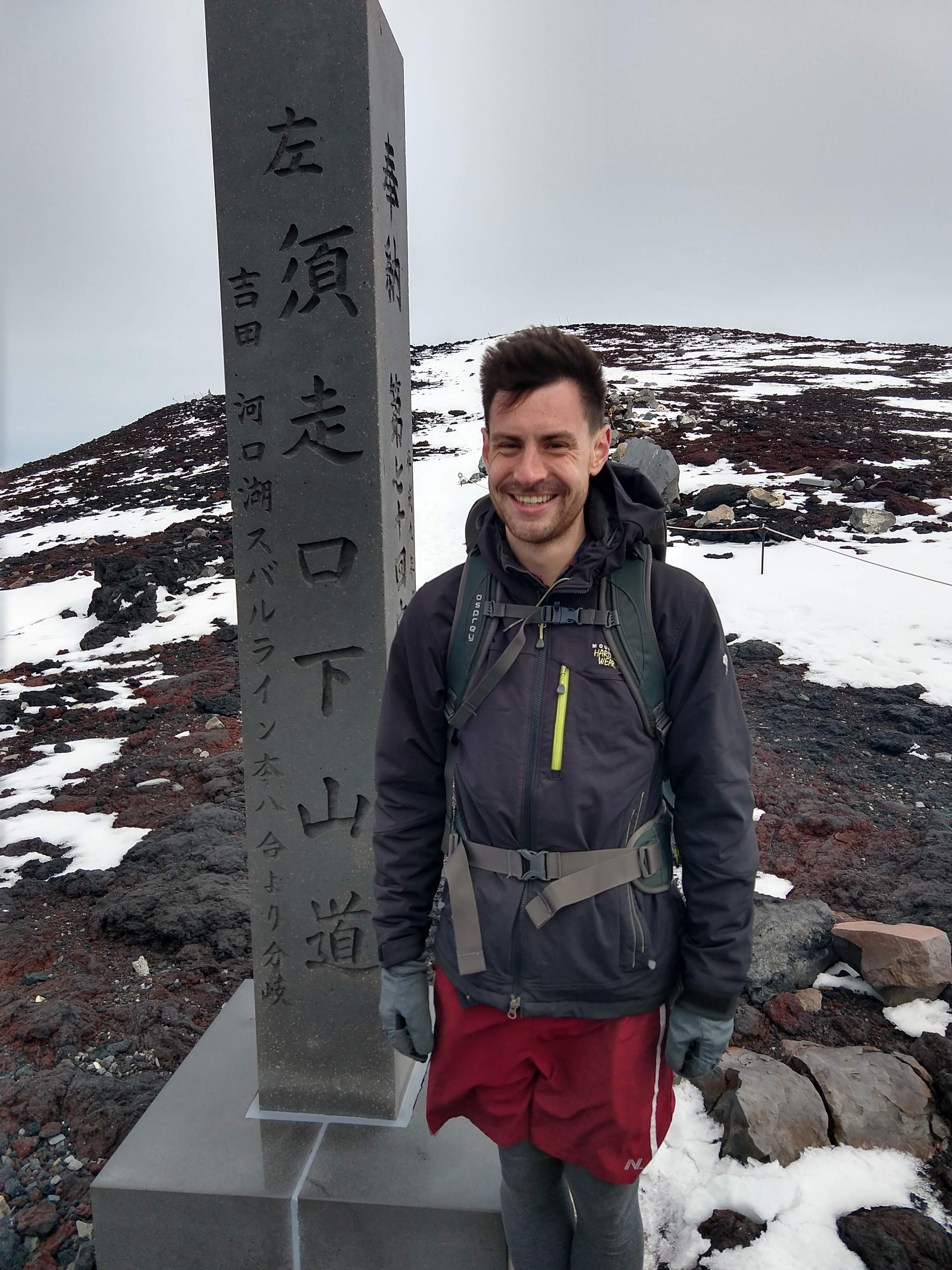Jeff Schueler’s Biography
Jeff Schueler is an experimental particle physicist specializing in improving particle detector performance through novel machine learning techniques, with particular emphasis on real data training, rare event searches, and overlapping object reconstruction.
He is currently a postdoctoral researcher at the University of New Mexico in Dinesh Loomba’s research group, where he works on the MIGDAL experiment. The MIGDAL experiment is a rare event search experiment which aims to observe and characterize the Migdal effect in nuclear scattering for the first time. Early in his tenure, Jeff conceived and led the application of object detection as a way to enable machine-learning training directly on real experimental data. He developed a real data-trained, end-to-end YOLOv8-based analysis pipeline that automated the MIGDAL experiment’s search for the Migdal effect at real time speeds. This work and its accompanying software are published in Physical Review D.
Jeff’s analysis strategy had impact beyond the MIGDAL experiment. In the MARVEL experiment's 2026 Nature paper reporting the discovery of the Migdal effect, the author's explicitly credit Jeff's pipeline as the inspiration for the candidate selection algorithm used in their discovery.
Prior to his postdoctoral work, Jeff earned his PhD in 2022 from the University of Hawaiʻi at Mānoa, where he worked with Sven Vahsen investigating beam-induced neutron backgrounds at the Belle II experiment and on gas Time Projection Chamber (TPC) research and development. As a PhD student, Jeff spent a year working on site at the Belle II experiment in Tsukuba, Japan and led the commissioning efforts of systems of shoebox-sized TPCs to monitor beam-induced neutron backgrounds that remain in use to this day. Using these detectors, Jeff confirmed the presence of previously unknown neutron production hotspots that required shielding to protect the Belle II detector. In the final year of his PhD, Jeff applied machine learning to the analysis of gas TPC data, introducing custom neural network architectures and loss functions that led to the first demonstration of accurate 3D reconstructions of sub-20 keV nuclear recoil tracks. This demonstration was an important milestone for directional dark matter detector research and development.
Before graduate school, Jeff spent two years teaching physics at a public high school in Queens through the New York City Teaching Fellows. Prior to this, he graduated from the University of Washington in his hometown of Seattle where he majored in math and physics.
In his spare time, Jeff enjoys traveling (all background photos on this site were taken by him), crossword puzzles, running, reading, boardgames, PC building, retro video games, cooking, hiking, and rock climbing. He also enjoys tinkering with edge-devices, creating DIY projects like this keypoint detection-based exercise form tracker that he custom-trained and deployed on a Jetson Nano. Jeff is also a certified hydro homie and is rarely spotted without his water bottle.

